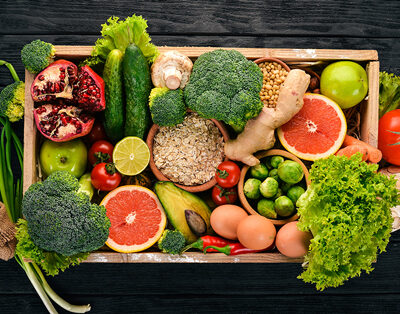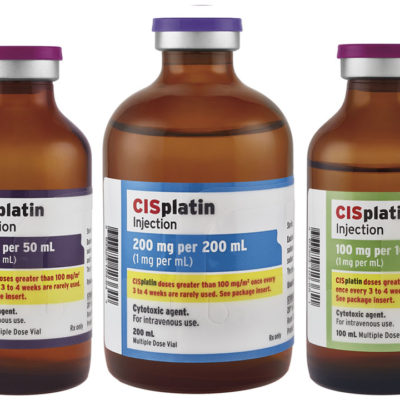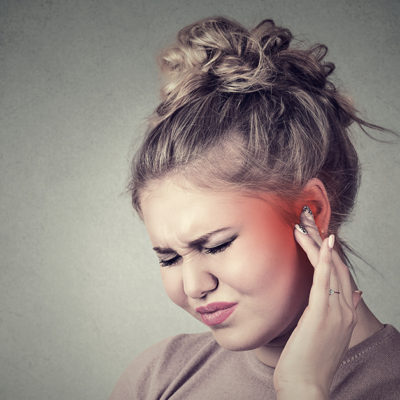What do bananas, spinach and peanuts have in common? They are among the foods that contain nutrients linked to hearing health!
While no single nutrient holds the key to good health or disease prevention, eating well contributes to overall health and may help to reduce your risk of hearing loss.
Nutrient advice worth hearing
Healthy eating is a cornerstone of good health. Combined with regular exercise, good nutrition can increase immunity, reduce susceptibility to disease and enhance productivity. When you eat a varied and balanced diet, you obtain the essential nutrients, vitamins and minerals that your body needs to work properly. Four minerals, readily available in a variety of foods have been shown to boost hearing health.
Potassium
Potassium helps regulate the fluid in body tissues and blood. As we age, fluid levels tend to decrease. A drop in fluid levels in the inner ear could be a factor in age-related hearing loss. Fluid is especially important for the function of the cochlea, the coil-shaped part of the ear filled with special fluids that are important to the process of hearing.
Foods rich in potassium include potatoes, spinach, lima beans, tomatoes, raisins, apricots, bananas, melons, oranges, yogurt and low-fat milk.
Zinc
Zinc is a powerful mineral that metabolizes nutrients, maintains your immune system and grows and repairs body tissues. By boosting your immune system, zinc helps to protect against germs including those that cause colds, and that may lead to an ear infection. Zinc is found in cells throughout the body, but the inner ear contains the highest concentration of zinc. Studies report a link between zinc deficiency and tinnitus, a constant ringing or buzzing in the ear.
You can find zinc in a variety of meats, especially red meat, dark chicken, chickpeas, lentils, beans, nuts, eggs and dairy products.
Folic acid
Folic acid, one of the B-vitamins, assists in the creation of healthy new cells and helps to increase circulation in the body. Adults with low levels of folic acid may be more likely to develop presbycusis or age-related hearing loss. One theory is that folic acid helps the body to metabolize homocysteine, a compound that reduces circulation.
You can find folic acid in foods such as spinach, broccoli, asparagus, beans, peas, lentils and organ meats.
Magnesium
Magnesium helps to maintain normal blood pressure, strengthens bones and keeps the heart rhythm steady. Magnesium can also help protect against noise-related hearing loss. Researchers found that magnesium and a mix of vitamins A, C and E may reduce free radicals generated by loud noise and shelter the delicate inner ear hair cells from damage.
Magnesium-rich foods include many fruits and vegetables, avocados, nuts, tofu, seeds, whole grains and even dark chocolate.
A healthier you
A healthy diet is just one way to help maintain your hearing health. Because hearing loss can come on gradually, you may not notice hearing loss until it becomes disruptive to your life. A regular hearing check is quick, easy and painless. If a hearing loss is detected, a hearing professional can suggest the best solution for you.
Are you ready to start your journey to better hearing? If you are a Canadian over the age of 18 who may have hearing loss, book a free hearing test with us today!





